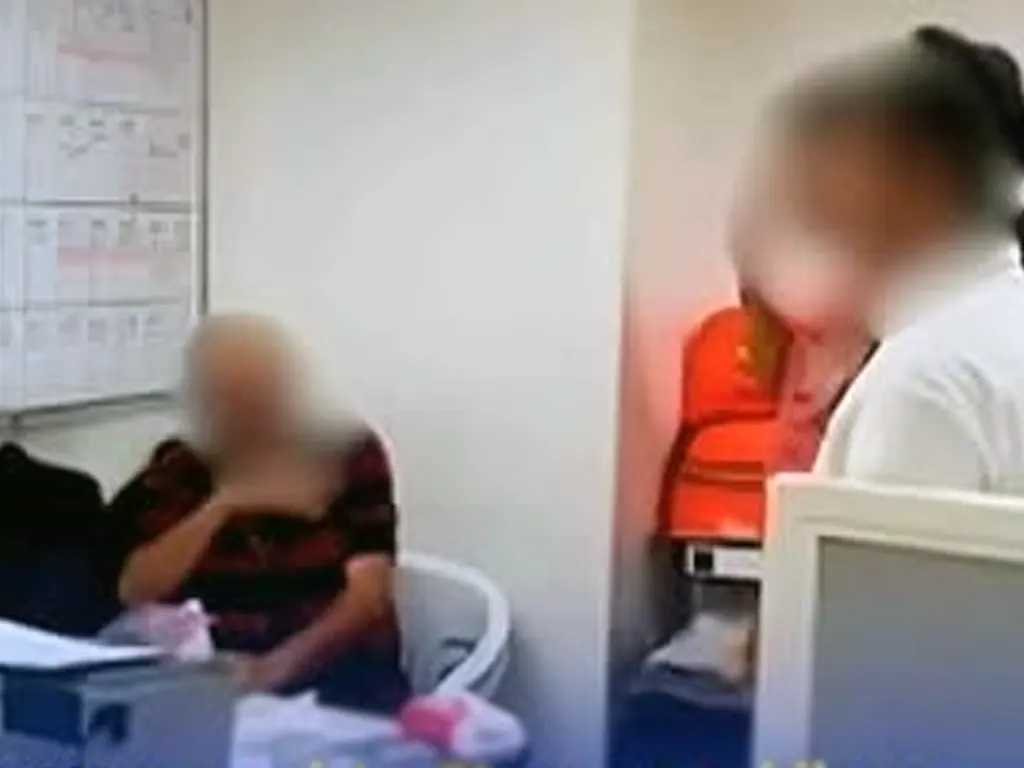
THE Bureau of Immigration (BI) has warned the public anew against a continuing human trafficking scheme that deceives Filipinos into working in scam operations abroad, this time using legitimate overseas employment documents to exit the country.
The warning follows the arrival on October 17 of four repatriated Filipino workers from Laos, who were initially deployed as Overseas Filipino Workers (OFWs) bound for Brunei but were later trafficked to Laos through Thailand.
According to the BI, the four individuals—who arrived at the Ninoy Aquino International Airport (NAIA) Terminal 3 via AirAsia flight Z2286 from Don Mueang, Thailand—were recruited through online advertisements promising high-paying customer support jobs in Laos with salaries reaching ₱47,000 per month or around 6,000 RMB.
Investigations revealed that the group’s employment documents, including Brunei work visas, employment contracts, Pre-Departure Orientation Seminar (PDOS) certificates, and Overseas Employment Certificates (OECs), were provided to them only on the day of their departure at NAIA. The recruiters allegedly used Brunei as a cover destination to be able to illegally transfer to another country.
Upon arrival in Laos, the victims were made to work up to 15 hours a day without rest, and were later forced to perform unrelated tasks—including maintaining social media accounts for online scams. One of the repatriated individuals admitted to being coerced into illegal activities, while another confessed to having been recruited by a former acquaintance through Facebook.
All four later sought assistance from the Philippine Embassy in Vientiane, which facilitated their repatriation in coordination with the Department of Foreign Affairs.
BI Commissioner Joel Anthony Viado said the case underscores the evolving tactics of trafficking syndicates, who are now exploiting legitimate OFW deployment channels to send victims abroad.
“Despite repeated government warnings, these syndicates continue to prey on the desperation of Filipinos seeking work abroad,” said Viado. “What makes this case alarming is that the victims knew the arrangement was irregular but still agreed—showing how deceptive and manipulative these recruiters have become.”
The Bureau confirmed that the identities of the recruiters have already been reported to the Inter-Agency Council Against Trafficking (IACAT), and one was reportedly arrested by the National Bureau of Immigration-International Airport Investigation Division (NBI-IAID) after being found to be involved in the victims’ recruitment.
Viado reminded Filipinos to verify job offers only through licensed recruitment agencies and official government platforms, and to be wary of social media advertisements promising easy overseas employment.
“Illegal recruiters and human traffickers will face the full force of the law,” he warned. “We continue to coordinate closely with IACAT and international partners to ensure that those behind these syndicates are held accountable.”



